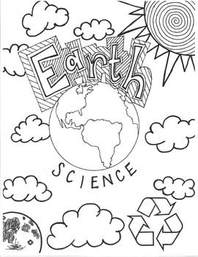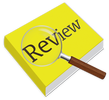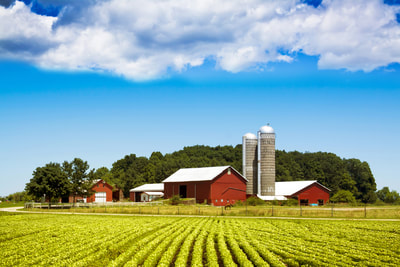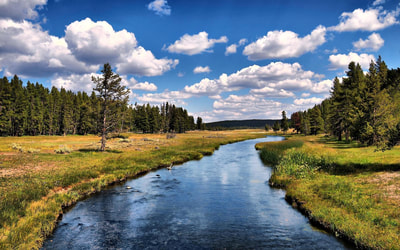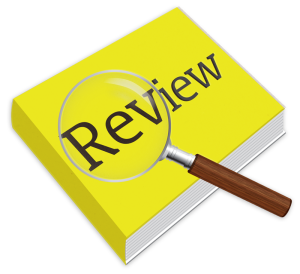Lesson 1: Introducing Geography
|
Using the handout below, play a game of 'Global Bingo'. There will be a credit for the person who finishes first! You are not allowed to use information from the same person.
| |||||||
Lesson 2: Geographical facts
|
Create small teams (maximum 4 people). Using the worksheet below, see if you can follow the hints to find answers to the questions. You may use 2 laptops per group.
| |||||||
Lesson 3: Introduction to Maps
| |||||||||||||||
Lesson 4: Our globe - Oceans and Continents
|
How good is your knowledge of the country that you live in? Can you identify places? Using Geoguessr Challenge the class to see how good they are.
|
|
Using the worksheets below label the continents and oceans of the world. Also place your country in context of where it is on our planet. Add the important lines and define the key new terms.
Map: A map is a 2-dimensional (flat), diagrammatical (picture) representation of an area. They are drawn to scale.
Globe: A sphere shaped model which represents the Earth Continent: These are the 7 large land masses that make up the Earth e.g. Asia. They include countries. Ocean: A large body of water e.g. the Pacific. Equator: An imaginary line that divides our planet into two hemispheres Border: An boundary that divides one country from another. | |||||||||||||||
|
Review the Oceans and continets of our world by playing the following game.
|
Lesson 5 & 6: Extreme world Geography
|
See if you can identify these famous places around the world?
|
|
Using the information on the slide share complete the tasks
| |||||||||||||||
|
Review knowledge for a brief test at the end of the two lessons
|
Lesson 7: Representing my place: Field Sketches
|
Go through the activities on the PowerPoint and practice drawing your own field sketch.
| |||||||
|
|
|
Lesson 8: The country we live in, how is it represented?
|
Using Plickers - conduct a short quiz (poll) to determine how 'Chinese' the class feels.
|
Lesson 9: Why is Beijing amazing?
|
Create a 1 min 30 second persuasive video encouraging someone to come and live in Beijing. You will need to structure this correctly and before you record the video you will need to write down your ideas in your notebook.
|
Lesson 10: People around the world - Questionnaire
|
Using Microsoft 365 Forms:
Design a questionnaire to find out where people are from and how they are connected to other places
|




